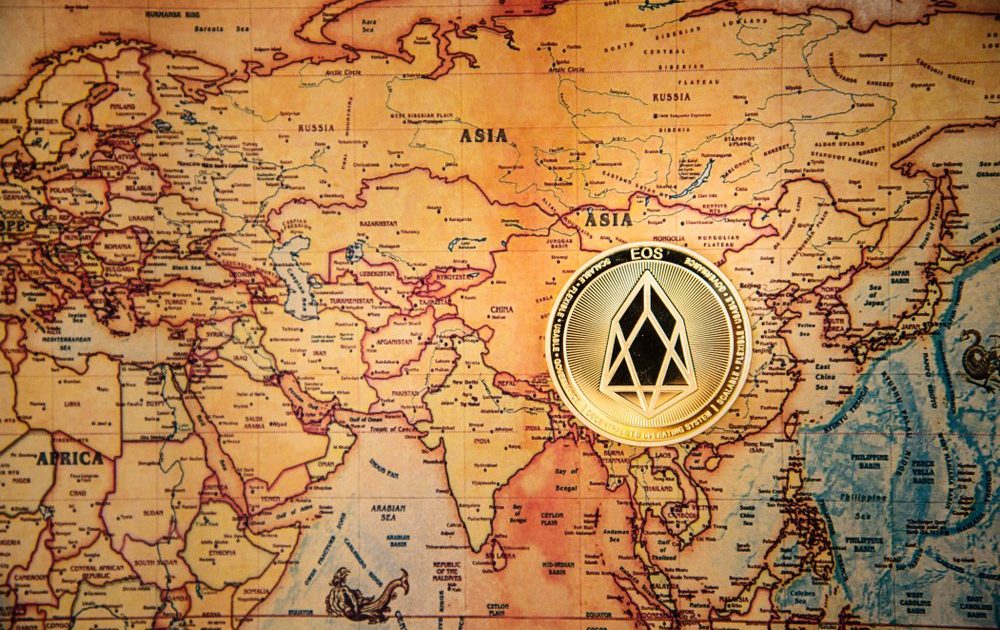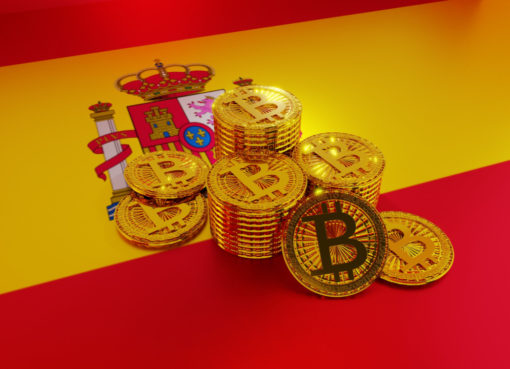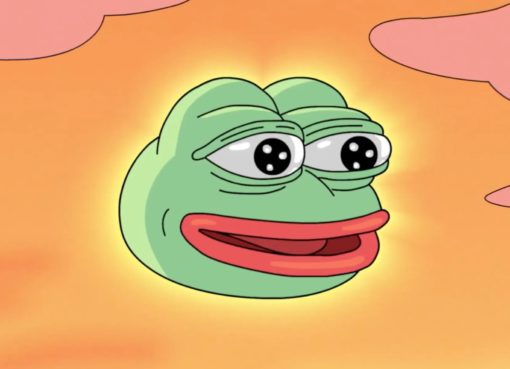EOS received a major boost in awareness this week thanks to a Chinese television show that featured a popular blockchain RPG called Crypto Sword & Magic.
“ICS Money Talks,” the only English-language business program in China, aired the piece with a distinct view towards the massive potential of blockchain gaming.
Tokenized gaming opens up a whole new revenue stream for dedicated players and sophisticated traders alike. As cryptocurrency – and now game token – trader Ricky Shi explains, what was once only a hobby has now become a lucrative new way to exchange value:
“I have spent a lot on blockchain games, more than ¥100,000 (~$14,000) but only few cryptocurrency tokens. You don’t realize you paid a lot because you only need a few tokens to play a game. But those tokens can be worth more than ¥10,000 (~$1,400).”
Massive Potential in the Blockchain Gaming Space
Gamers and niche developers aren’t the only ones cashing in on the emerging craze. As ICS highlights, the multinational investment conglomerate Tencent Holdings is bankrolling its own high-profile games that reward players using blockchain technology.
For now, those rewards appear to be only in the form of digital assets. The timing could not be more fortuitous. AAA gaming continues to backslide as a result of rapacious monetization schemes like NBA 2K20’s notorious child gambling promotion.
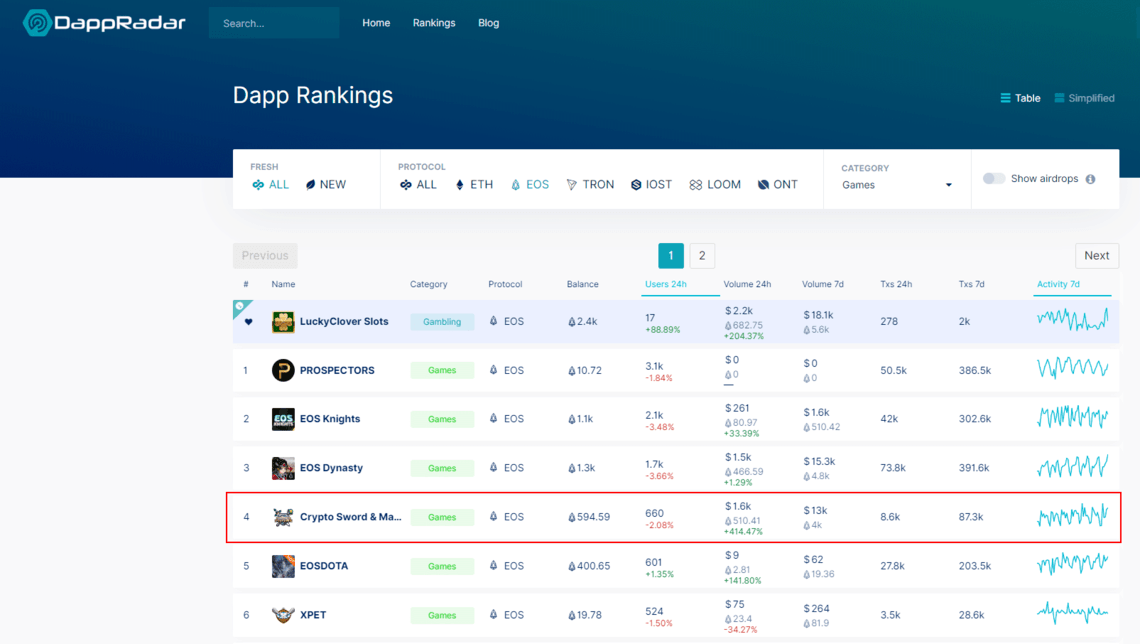
The result may be continued migration towards blockchain alternatives as gamers break out in search of meaningful rewards. Fortunately for EOS fans, gaming dApps are gradually gaining steam.
DappRadar illustrates this trending growth with a healthy amount of active users and corresponding EOS transactions to boot. But there’s still clearly plenty of room for growth.
Are We Dealing With a New EOS Crypto Oligarchy?
However, critics warn that EOS’ growing profile in China is indicative of something far more sinister than mass adoption: centralization.
Wikipedia co-founder and Everipedia CIO Larry Singer, for one, is not happy with the current state of EOS leadership, which he says is far too concentrated in authoritarian China.
We cannot continue to build dapps on EOS if the network is de facto centralized in the hands of the Chinese.
I’ve been making noise internally at EP about this since I learned about it earlier this summer.
Sorry, but it can’t go on much longer, as far as I’m concerned. https://t.co/oUe2qvcjQM
— Larry Sanger (@lsanger) August 22, 2019
And here’s why. According to a number of staking sources, leading Chinese EOS block producers outnumber their US counterparts by more than three to one.
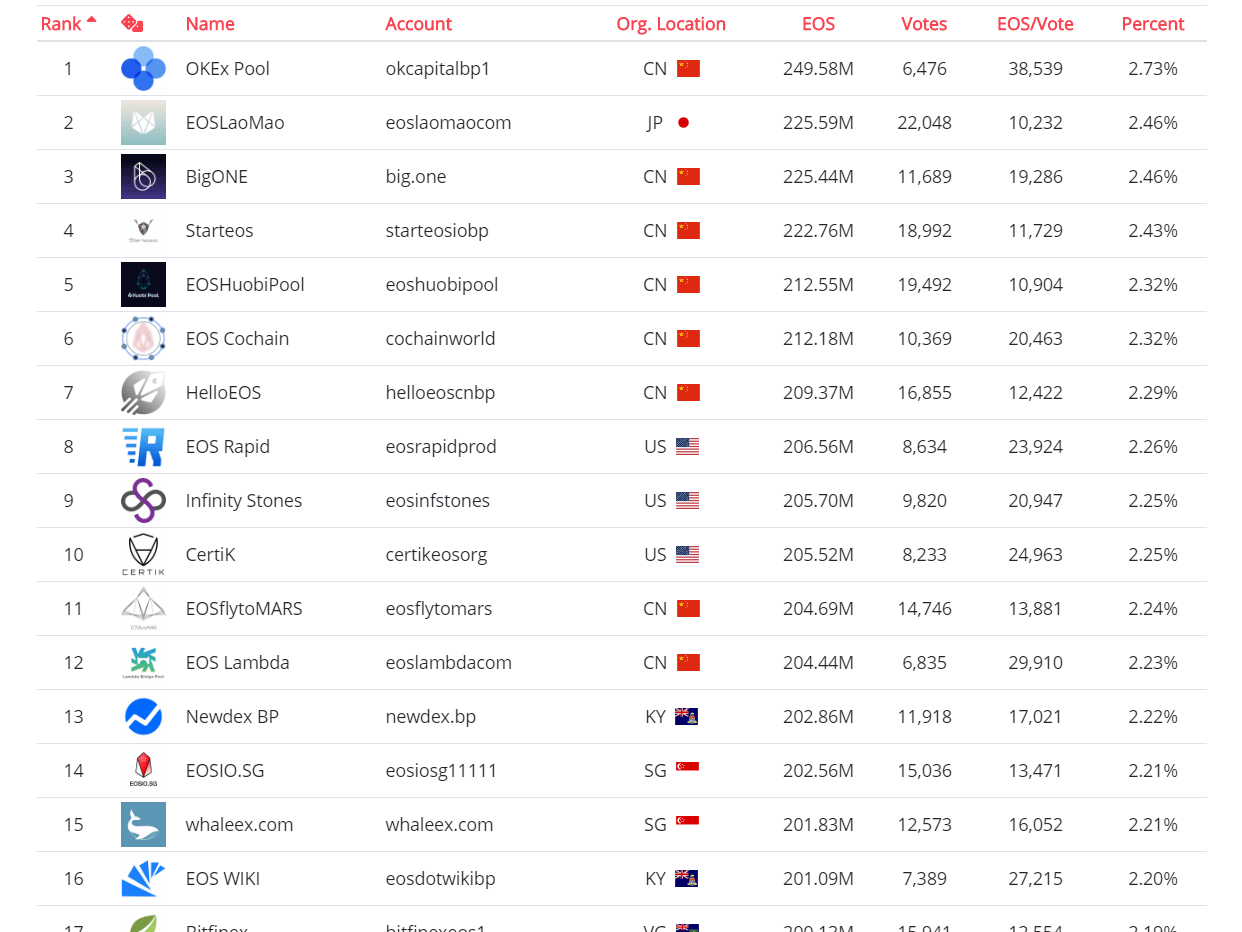
Sanger and other critics like Brock Pierce allege that centralization, coupled with vote-buying allegations, risks corrupting EOS governance.
However, EOS supporters might retort that real decentralization is a pipe dream. There are 195 countries in the world – and only 21 EOS block producers.
Until the math fits, token holders are just going to have to live with that reality or find another blockchain governance model that suits them better.
This article is protected by copyright laws and is owned by CCN Markets.

